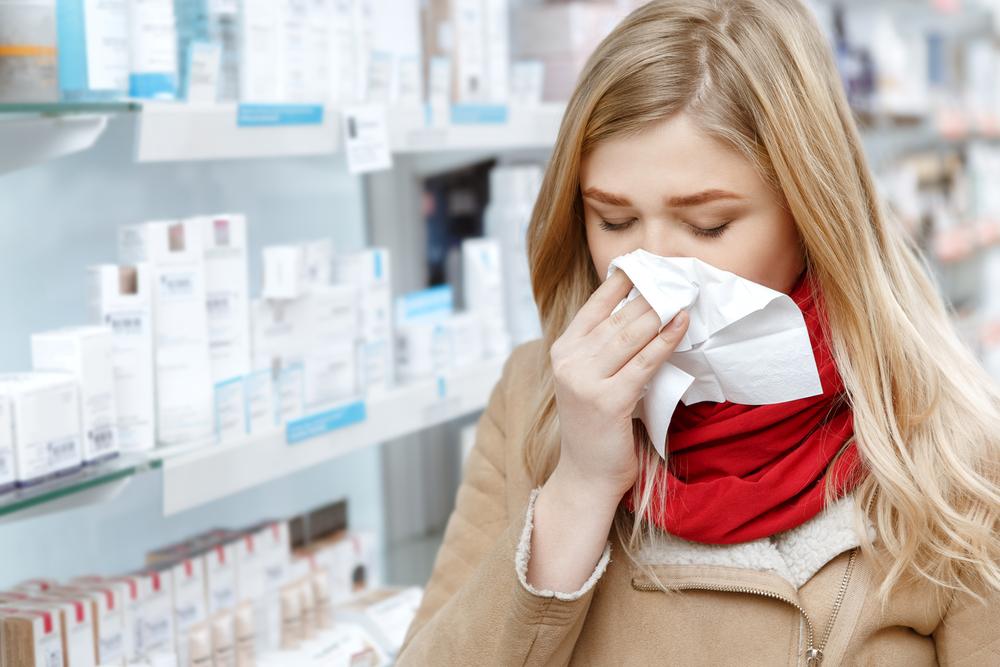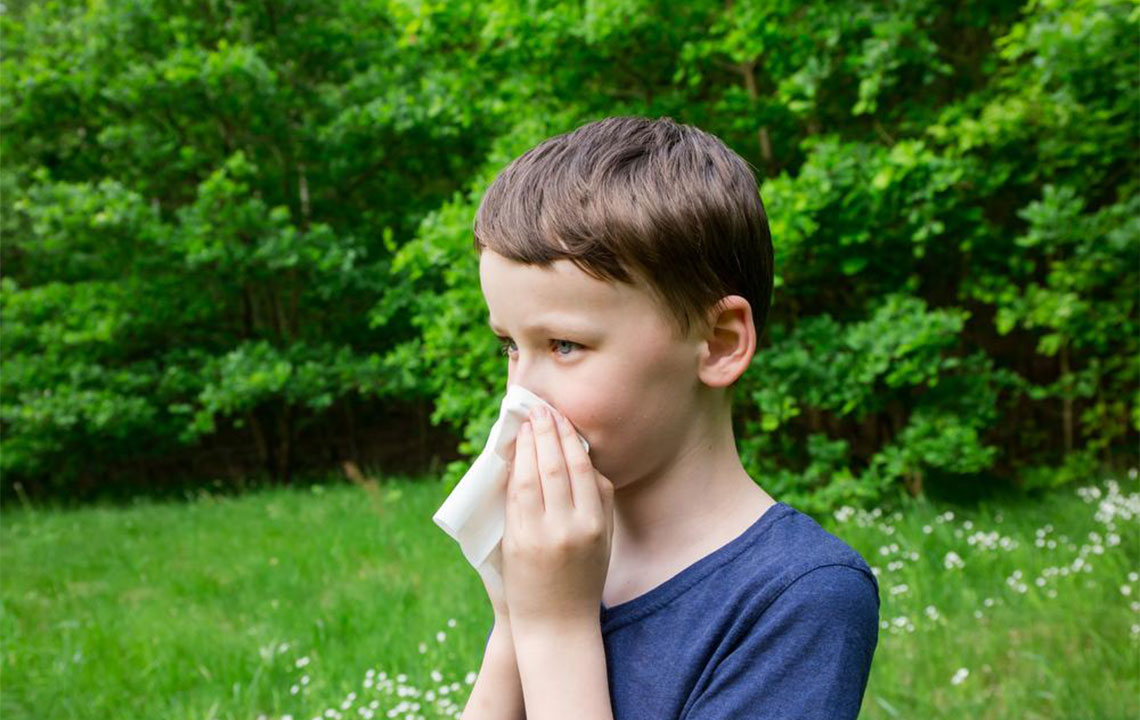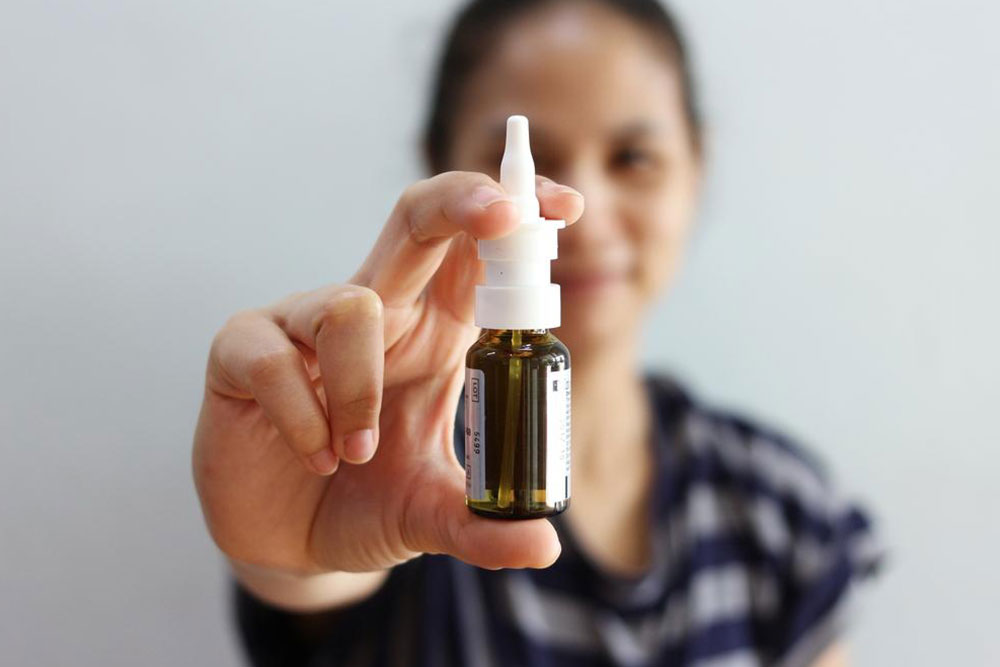Effective Solutions for Allergy Relief
Discover effective allergy relief strategies including medications, lifestyle adjustments, and understanding how antihistamines and decongestants work. Learn about suitable options for both adults and children to manage seasonal allergies safely and effectively.
Sponsored

Understanding Allergy Medications
Spring in many parts of the U.S. begins as early as February and extends into early summer. Tree pollination occurs first, followed by grasses later in spring and summer, and ragweed just before fall. In tropical climates, grasses can pollenate year-round. Managing allergies involves identifying triggers such as trees, grasses, weeds, mold, or decaying organic matter.
Strategies to Control Seasonal Allergies
Monitor pollen and mold levels using daily weather reports, radio, or TV updates during allergy seasons.
Keep windows and doors closed at home and in your vehicle during high pollen periods.
Identify your specific allergens and check pollen counts—tree and grass pollens peak at night in spring and summer, while ragweed levels are highest in the early mornings during fall.
Practice regular hygiene by washing hands, face, and hair frequently, and taking showers after outdoor activities.
Change clothes immediately after outdoor exposure.
Use masks when performing outdoor chores like mowing or gardening, and take allergy medicines as advised.
Role of Antihistamines in Allergy Treatment
Allergens like ragweed pollen trigger immune responses leading to allergy symptoms.
This immune response involves mast cells releasing histamine, causing blood vessels to widen.
Histamine interacts with receptors, resulting in symptoms such as redness, swelling, itching, and mucus buildup.
Antihistamines block histamine, preventing these symptoms from developing.
Thus, antihistamines are effective in relieving allergy signs.
How Decongestants Ease Allergy Symptoms
Allergic reactions can cause nasal tissue swelling and mucus production.
This swelling can extend to the eyes, causing redness.
Decongestants reduce these symptoms by constricting blood vessels and shrinking swollen tissues.
This alleviates nasal congestion, runny nose, and redness.
Note: Decongestants may raise blood pressure and are generally not suitable for individuals with cardiovascular issues or glaucoma. They might also cause sleep disturbances and urinary difficulties.
Best Over-the-Counter Decongestant Options
Decongestants help relieve nasal blockage and are available as sprays, liquids, eye drops, or pills.
Nasally administered sprays and eye drops should be used for only a few days to prevent rebound effects.
Oral decongestants like pseudoephedrine provide longer relief and can be used over extended periods.
Examples include phenylephrine and oxymetazoline nasal sprays, and some brands like Visine offer decongestant eye drops.
Child-Friendly OTC Allergy Medications
While allergy symptoms are similar in children and adults, children require milder treatments due to their different physiology.
Kids' Zyrtec, a syrup suitable for children aged 2 and older, effectively relieves itching, runny noses, watery eyes, and sore throats.
Free from dyes and sugars, it ensures safety and ease of use.
One dose daily is sufficient, and the Allergycast App helps track pollen levels and symptoms.
If allergy symptoms continue despite OTC medications, consult your healthcare provider promptly.






